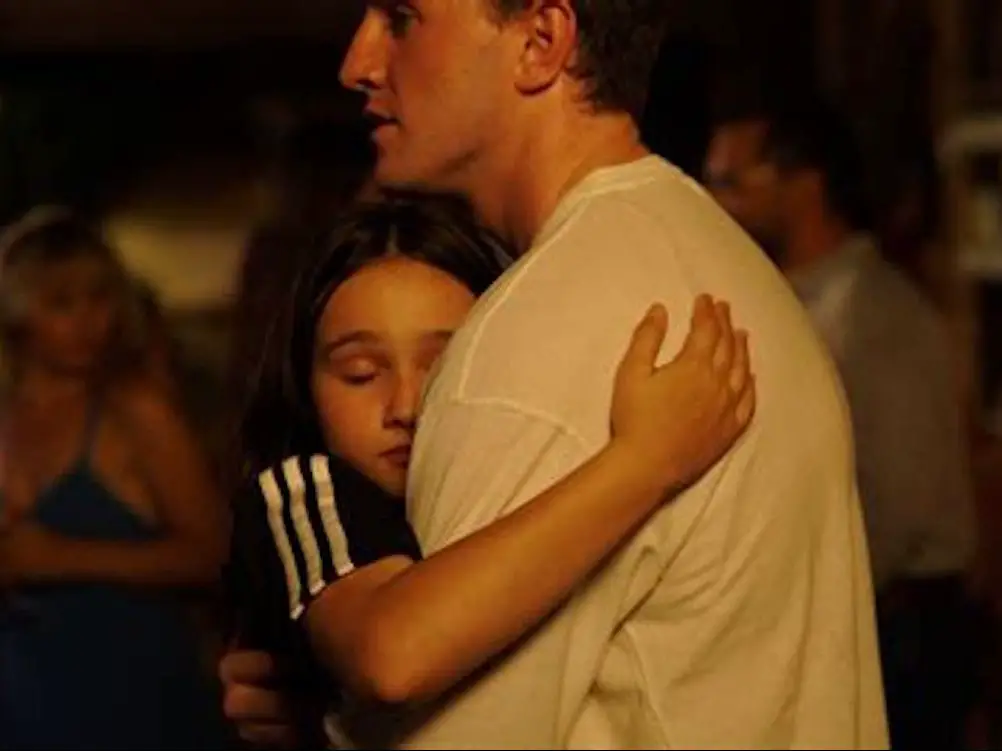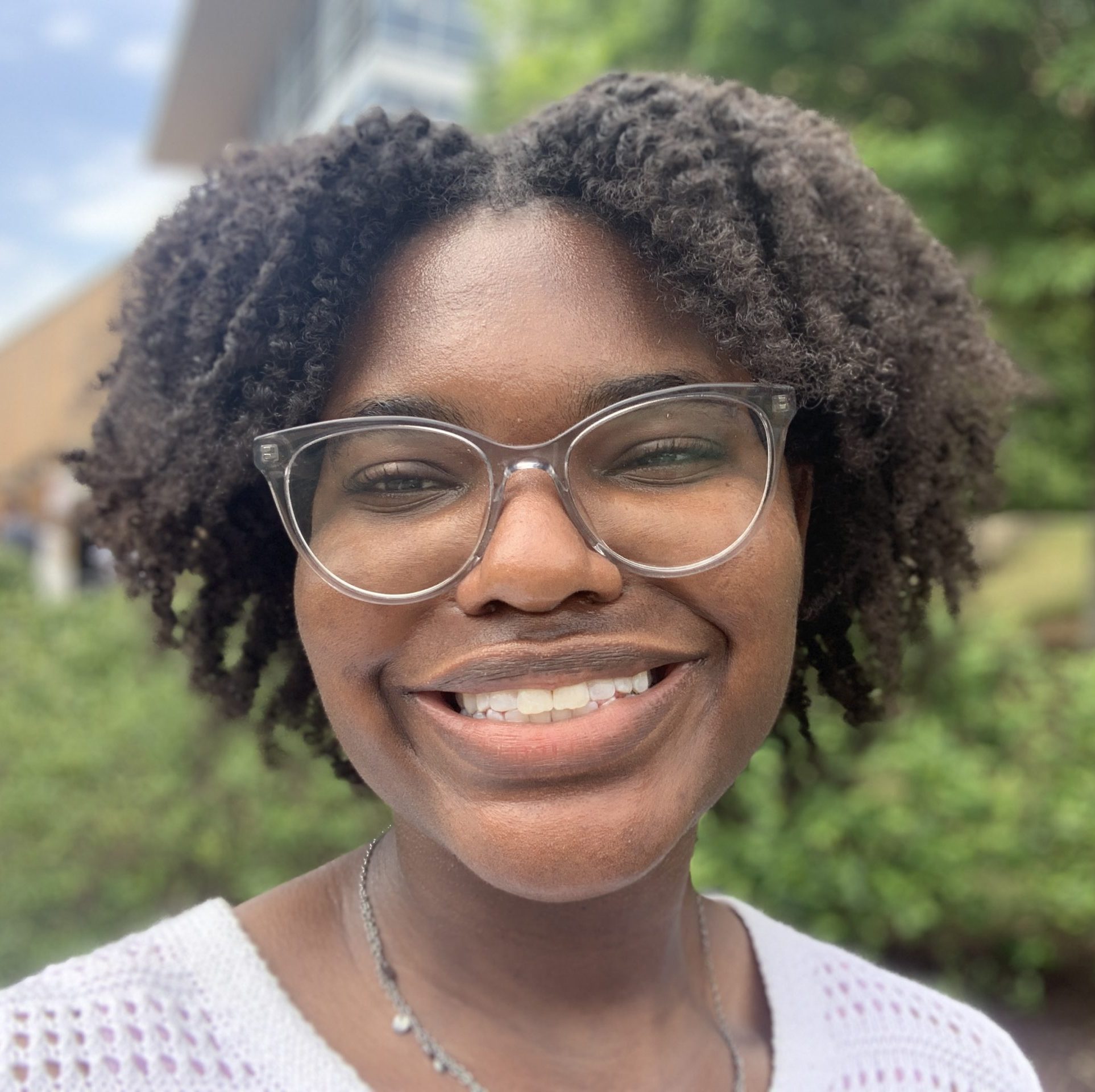Content Warning: This article contains descriptions of depression and mental illness.
Last fall, Scottish director Charlotte Wells released her feature film debut, “Aftersun.” The film received positive critical reviews, and star Paul Mescal was nominated for best lead actor at the 2023 Academy Awards. “Aftersun” is part of a recent surge in prestige dramas that center parent-child relationships, including “Everything Everywhere All at Once,” “The Woman King,” and “The Fabelmans.” These films were critically and commercially successful, demonstrating resonance with contemporary audiences. However, “Aftersun” is in a league of its own.
While the other films center reconnection between mother and child, “Aftersun” focuses on the relationship between a father, 30-year-old Calum (Mescal), and his 11-year-old daughter, Sophie (Frankie Corio; Celia Rowlson-Hall) on their last summer vacation together in the 1990s. Calum and Sophie take turns recording their adventures on a handheld video camera, with the footage being interspersed throughout the narrative. In the present day, a 30-year-old Sophie rewatches the tapes from the trip and reflects on their relationship. Through figurative visuals and a nonlinear storyline, “Aftersun” presents a timeless question: Can children ever really know their parents?
Evidently, Calum and Sophie embody well-worn archetypes. He’s the Fun Dad who provides a reprieve from the off-screen Strict Mom. She’s the Sarcastic Preteen eager to prove her maturity. But under the surface, they’re much more complex, and the visual style of “Aftersun” reflects this complexity. The film is a collection of twinkling moments that appear as they might in Sophie’s memory: vibrant, fragmented and intimate. The close camera angles snugly frame Calum and Sophie and emphasize their closeness.
Throughout the film, we see them applying sunscreen, playing games with the other resort guests and swimming under the Turkish sun. These all seem like ordinary activities, but the repetition imbues them with more meaning each time. Calum’s earnest glances at Sophie morph into lingering gazes. His carefree nature shimmers and distorts, revealing his darkly pensive interior. As the story progresses, the viewer finds themselves picking apart these scenes along with the adult Sophie. Every detail is a clue to figuring out her father. If she can pause, rewind and replay those moments enough times, then maybe she’ll be able to understand him.
As it turns out, Calum is hiding a lot. There’s the typical stuff—he doesn’t have a lot of money, and he smokes cigarettes when he thinks Sophie’s asleep. She figures these details out pretty quickly, announcing them with a wry, all-knowing smile, but there are other mysteries that the 11-year-old can’t solve. To an adult viewer, it’s clear that Calum is struggling with depression.
Through a child’s eyes, however, his symptoms are merely quirks. Sophie gawks at her father’s tai chi meditation, which he jokingly brushes off as dance moves. She barely notices the self-help titles among his books. When he snaps at her on their final night at the resort, she doesn’t give a second thought to his irritability. Sophie spends her vacation playing pool and hanging out with older kids while Calum cries alone in dark rooms and on deserted beaches. By his design, she’s oblivious to his mental illness. Calum’s most extraordinary display of love is the length he goes to in order to preserve her happiness. He suffers in silence because his daughter is too young to hear him scream.
In the present, echoes of Calum’s pain are all Sophie can hear. Dreamlike rave sequences punctuate the film. Calum flounders in a strobe-lit room full of writhing bodies, the screen flickering as he stumbles around, sweating and searching for a lifeline. Sophie fights through the crowd. She gets closer in each scene until she finally reaches him. She tries to pull him away, but he fights her grip. Eventually, Calum wins. He disappears into the chaos, and Sophie is unable to save him.
This is Calum’s real world — the life that Sophie couldn’t see as a child. Here, she imagines an honest, equal relationship in which she was aware of her father’s depression and she could’ve tried to help him. But even in her dreams, Sophie can’t pull Calum out of the darkness. The figurative sequence illuminates the reason that Calum didn’t share his struggles with his daughter. His problems were too big for her to solve. Because of his selflessness, Sophie has happy memories of their last summer together. When Calum drops her off at the airport at the end of the movie, the last thing she sees is his smiling face. After she — his sun, the light in his life — has gone, his facade drops, his expression crumbles into anguish and he returns to the void.
“Aftersun” depicts Calum’s declining mental health, but the heart of the film is Sophie’s coming-of-age journey. Like all kids, Sophie is eager to grow up. She hangs out with older kids at the resort. By observing them, she learns about gender roles, class differences and sexuality. Calum assures Sophie that she can talk to him about anything, but no matter how much Calum listens to Sophie, he can’t completely understand her. Sophie constantly asks questions about life and womanhood that Calum can’t answer. Whether it’s the definition of a word or how to respond if a man attacks her, it’s clear that Sophie is facing difficulties that Calum can’t prepare her for. He’s an out-of-work single father who didn’t think he’d make it to 30, but Sophie has her whole future ahead of her.
Their relationship is further complicated by distance. The true tragedy of “Aftersun” is the gulf between father and daughter, which yawns wider until it’s impossible to cross. Sophie lives with her mom in Edinburgh, but Calum left Scotland because he feels like he doesn’t belong there. Calum feels like Sophie doesn’t need him. She’s getting older, and that means leaving him behind. The window between their worlds is slowly closing. Instead of trying to climb through it, Calum makes the ultimate sacrifice. He gives her a happy childhood for as long as he can, and then quietly slinks out before she doesn’t need him anymore.
From Sophie’s perspective, Calum has it all wrong. She always needed her dad, no matter how different their lives were. As an adult, she tries to reconcile his love with his self-destructive behaviors. She has a child of her own now, and she faces the challenge of parenthood both with and without her father. He is present in her mind and in the videotapes from that summer, but his absence aches now more than ever. She finally feels like she can understand her father, but it’s too late. With creative honesty and sobriety, “Aftersun” weaves a glimmering tale of love, loss and the memories that tether parents and children to each other despite tragedy.

















